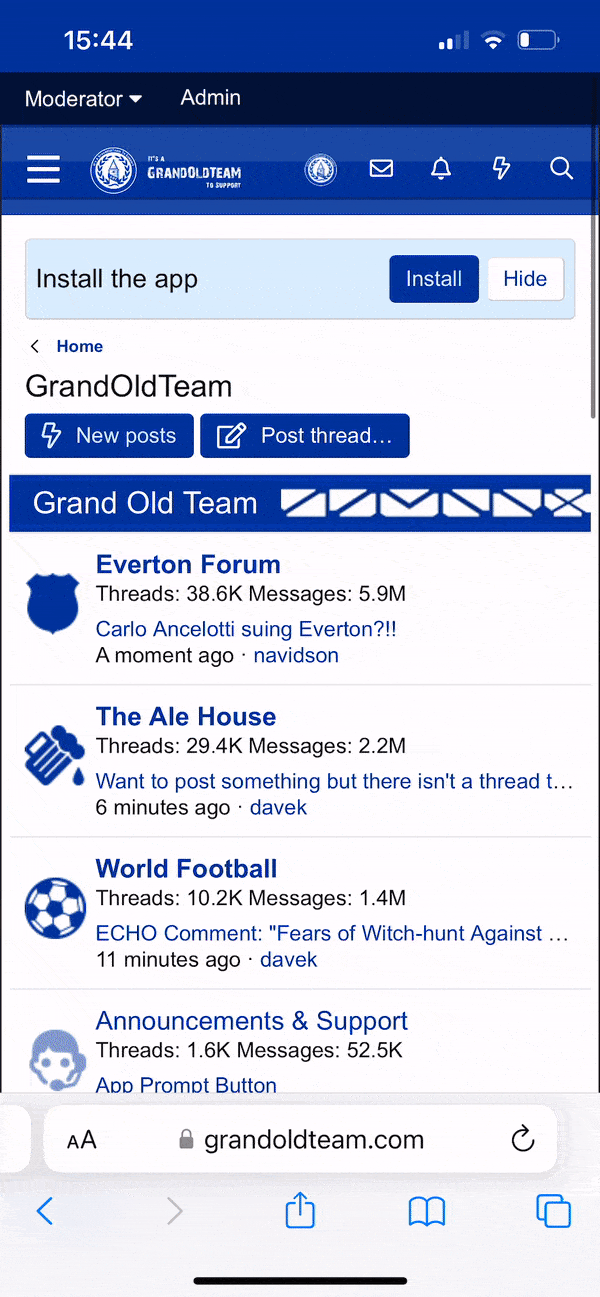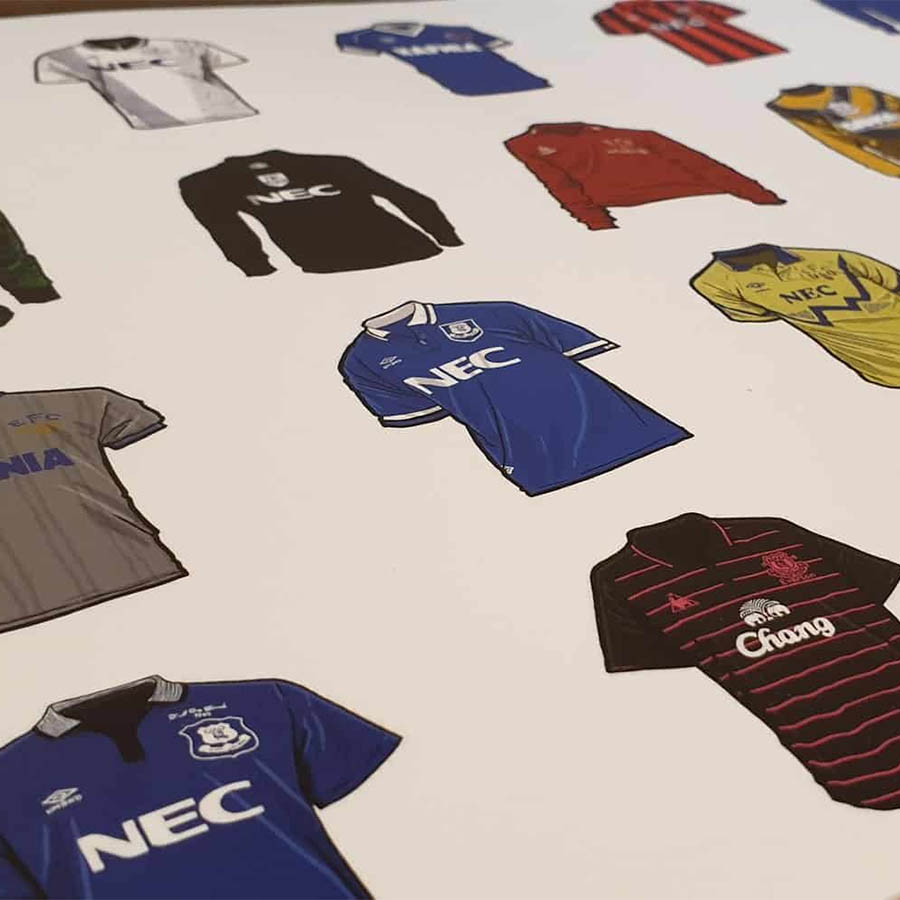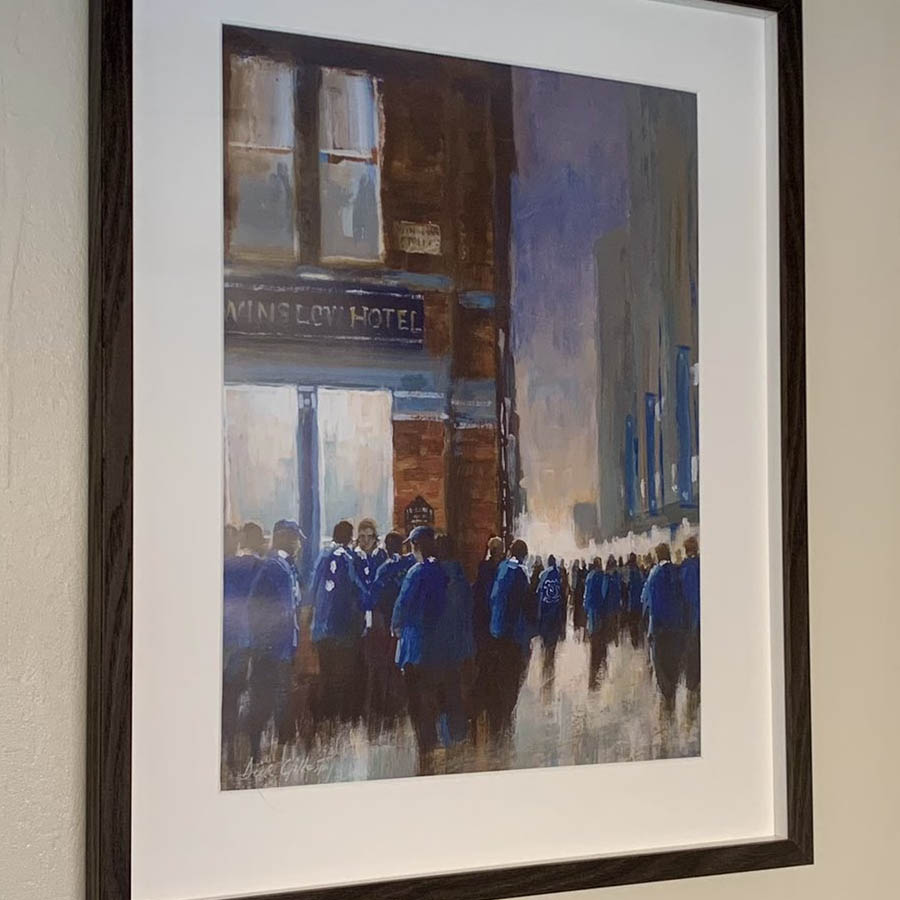davek
Player Valuation: £150m
That's a stretch.
The film is about using a new system to stretch the establishment. And the Oakland A's came 1 series away from doing exactly that in 2002, with a joke of a stadium, a joke of resources, and a locale in the Bay Area that is downtrodden. The team is a farm team essentially, and the success they had that year was MIND BOGGLING.
The point that Jonah's character makes at the end of the movie that making it to the divisional series and that being a success is something to take away.
In order to win the Champions League, you have to qualify first.
Second, I've argued this before, but the use of stats in the film is another major takeaway. I'm glad Everton is on the cutting edge of that.
P.S. And the way Liverpool spent - there is no way they are using Moneyball methods...yet.
Many, many years ago (probably when Billy Beane was failing as a fledgeling baseball player) a club called Notts Forest pioneered this system without all the razzamataz of declaring the finding of a revolutionary way of using sports science. They picked up odds and sods from all over the place and moulded them into a team that lifted two European Cups along their glorious way.
It could be done back then in this country. Now, those players who Taylor and Clough reinvented and brought through would have been cherry picked in the blink of an eye and no dynasty would emerge to threaten the big boys.
If it's being suggested Everton (or any other non-elite club ) could make the great leap forward with this system: that's a cruel fallacy.


















